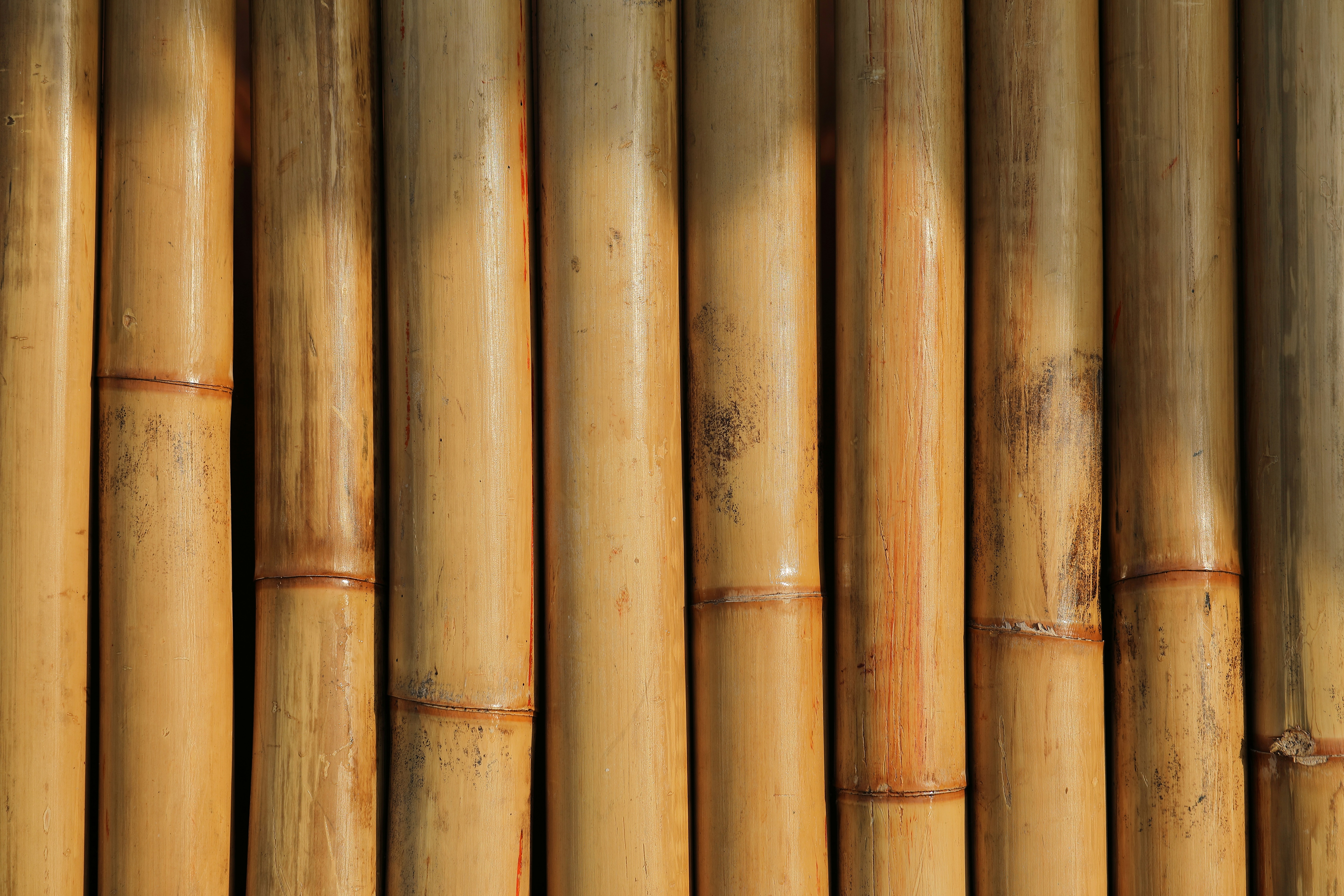News release
From:
Material science: Biodegradable bamboo plastic as strong as regular plastic
A new method to produce strong, biodegradable plastic from bamboo is reported in Nature Communications this week. The bioplastic resembles oil-based plastics in strength, shapeability, and thermal stability but can biodegrade in soil within 50 days, presenting a new pathway towards sustainable plastic alternatives.
Plastics made from organic biomass (such as bamboo composite plastics) have shown promise in replacing traditional oil-based plastics. However, widespread adoption has been limited by their inferior mechanical properties, meaning they are unable to be used in demanding applications such as infrastructure. Additionally, bamboo composite plastics are typically composed of bamboo fibres immersed in a plastic or resin, and thus cannot be completely degraded, undermining efforts to find truly sustainable solutions to oil-based plastics.
Haipeng Yu, Dawei Zhao, and colleagues describe a non-toxic, alcohol solvent-based method to dissolve bamboo cellulose down to a molecular level, then direct the cellulose molecules to reassemble and organise into a tough plastic material. During dissolution, the cellulose is chemically modified to aid the formation of a strong molecular network upon regeneration. The bamboo plastic was tested against several types of widely used commercial plastics (such as polylactic acid and high impact polystyrene) with the bamboo plastic displaying a tensile strength of 110 megapascals (a unit of pressure) and work of fracture (the force required to fracture a material) of 80 kJ m-3, surpassing the traditional plastics and existing bioplastics. The bamboo plastic also matched or outperformed traditional plastics in tests of mechanical and thermal stability, and shapeability, presenting it as a viable alternative for use in industry. Additionally, the bamboo plastic can be degraded in soil within 50 days or closed-loop recycled (where objects are recycled and used to remake similar products) whilst retaining 90% of its original strength, demonstrating its potential as a sustainable but high performing alternative to traditional plastic materials.



 International
International



